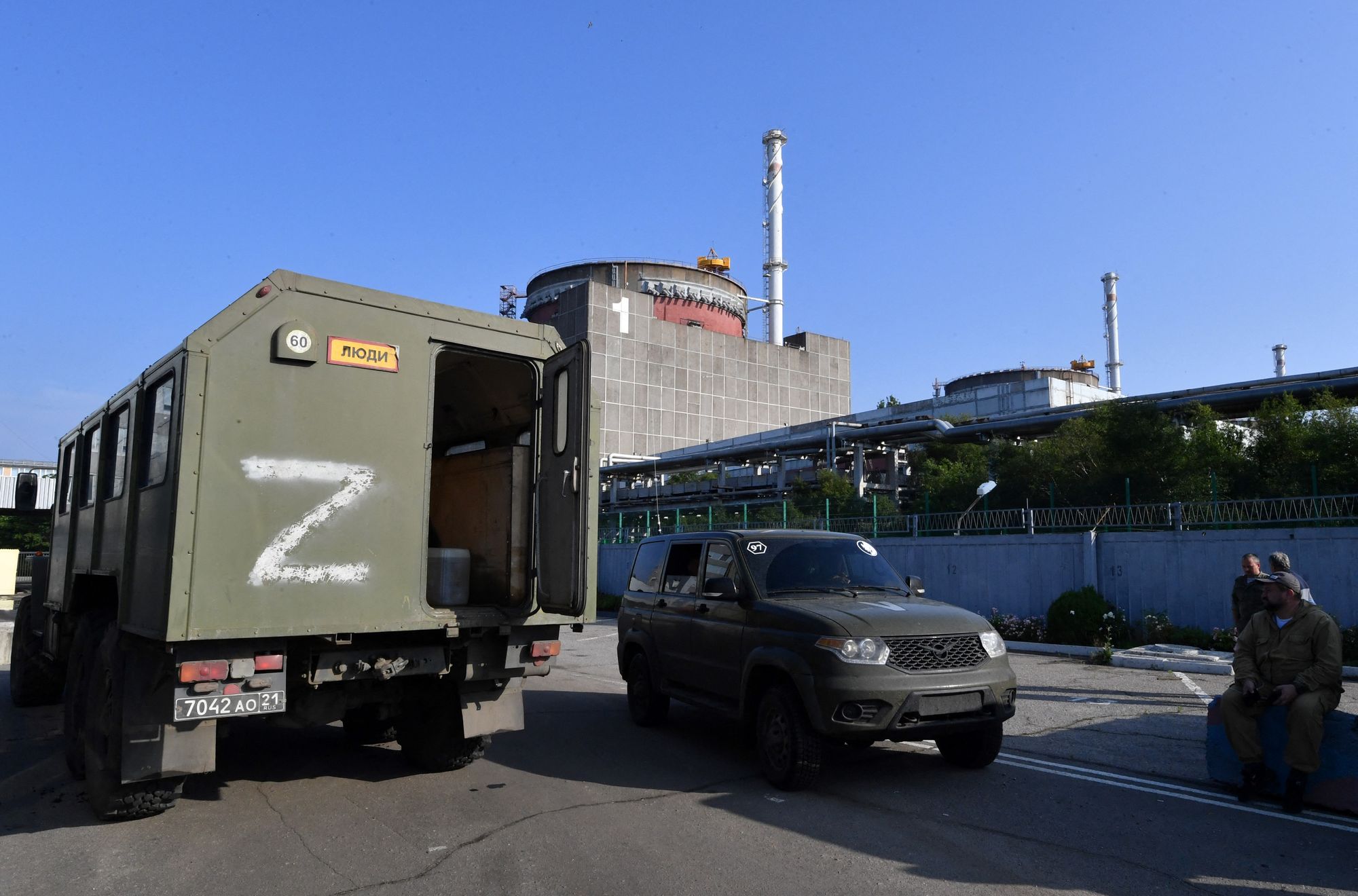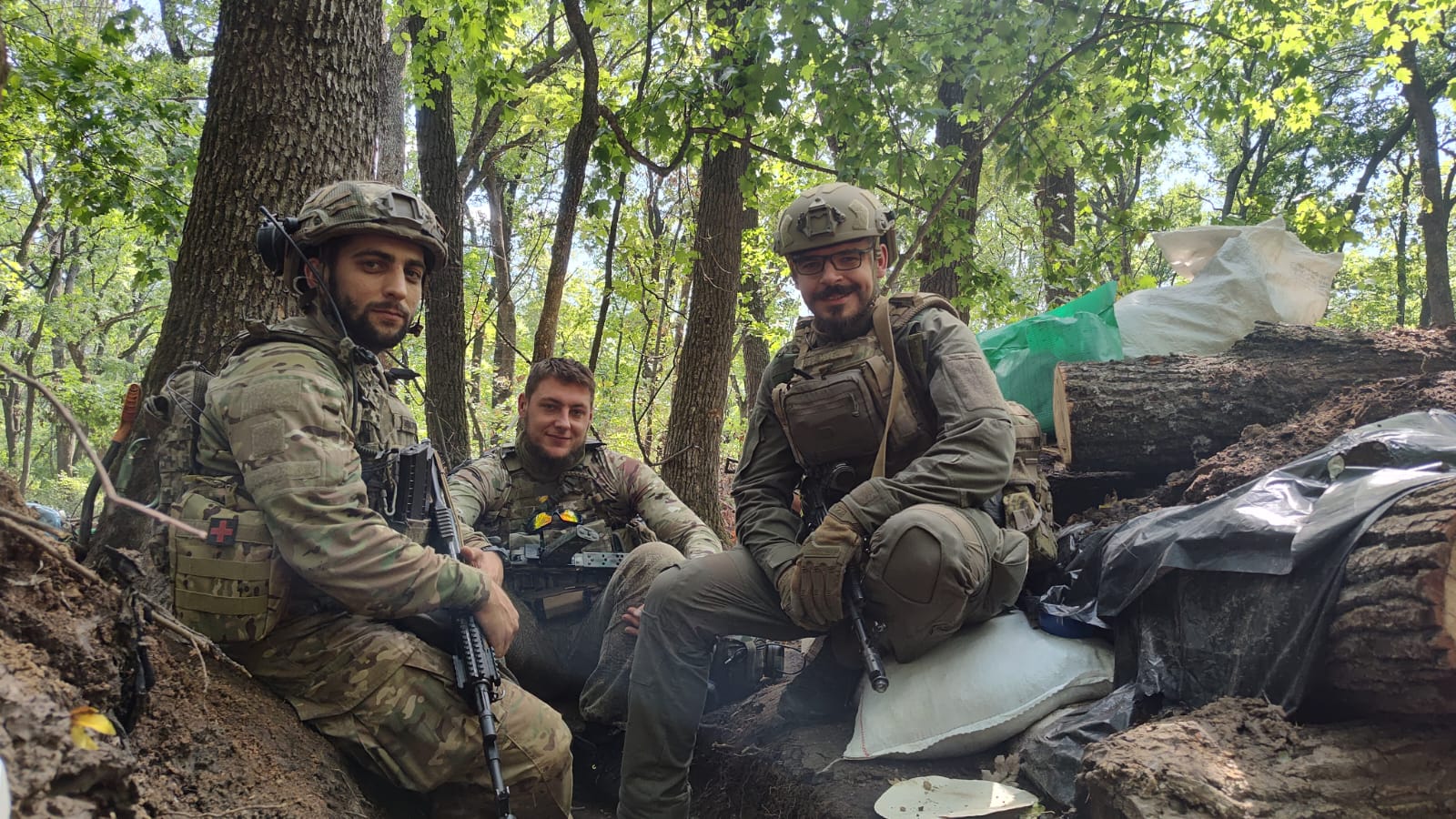New Statesman: Budanov says Russia's plan to sabotage Zaporizhzhia nuclear plant has been 'drafted and approved'

In an interview for the New Statesman, Ukraine's military intelligence chief Kyrylo Budanov said that Russia had completed preparations for an attack on the Zaporizhzhia Nuclear Power Plant.
When asked if the decision to conduct a sabotage act at the plant had already been made, Budanov replied that the plan had been "drafted and approved" — the only thing left is the order to proceed. "Then it can happen in a matter of minutes."
Budanov earlier warned that Russian forces had additionally mined the plant's cooler. According to the intelligence chief cited by the publication, nuclear reactors could melt down in ten hours to 14 days without cooling. Meanwhile, Russian forces could use "technical means to speed up the catastrophe."
The International Atomic Energy Agency (IAEA), however, said that no new mines were discovered during the recent missions by its chief Rafael Grossi.
Ukraine's military intelligence also found out that Russian troops had moved the equipment loaded with explosives to four of the six power units of the plant, the New Statesman wrote.
The possibility of a Russian sabotage at the Zaporizhzhia plant was reported before, but "the situation has never been as severe as now," according to Budanov.
President Volodymyr Zelensky announced on June 20, citing intelligence reports, that Moscow was considering a terrorist attack at the occupied Zaporizhzhia Nuclear Power Plant by deliberately leaking radiation. According to Interior Minister, special coordination centers have already been deployed across Ukraine to prepare for the possible attack.
In its June 22 assessment, the Institute for the Study of War (ISW) wrote that Russia might be signaling its readiness to sabotage the Zaporizhzhia nuclear plant to prevent Ukrainian forces from launching a counteroffensive in the area.
According to the ISW, a deliberate radiation incident at the nuclear plant remains unlikely but not impossible. The think-tank explained that the radioactive leak would be difficult to control and could potentially affect Russian forces more than Ukrainian ones, depending on given conditions at the time.
The Zaporizhzhia plant, Europe's largest nuclear power station, has been under Russian occupation since March 4, 2022.












